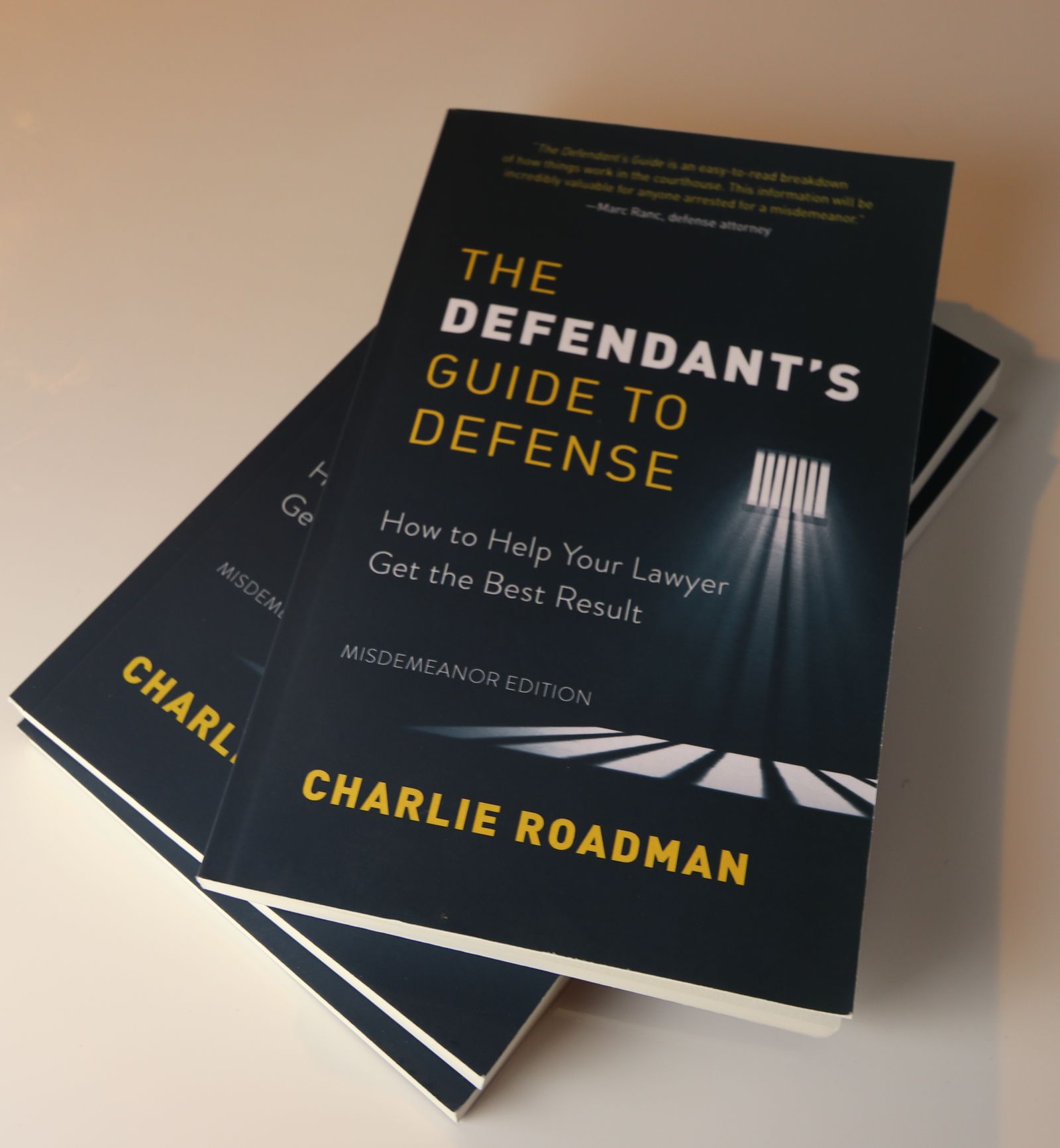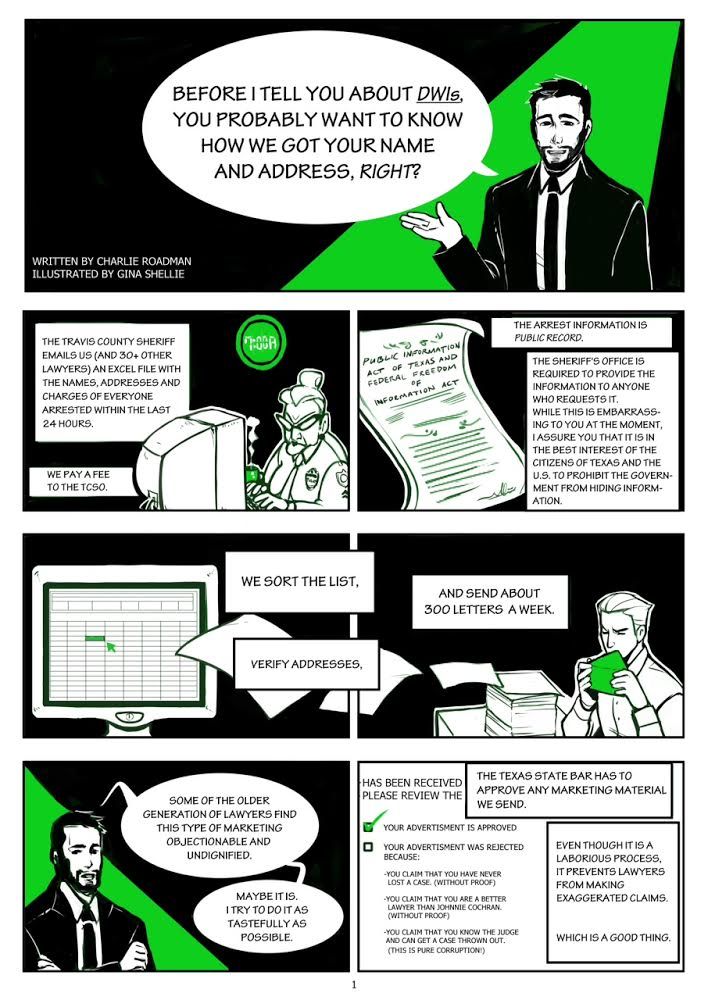Nondisclosure of Criminal Cases
Nondisclosure FAQ
What is the difference between an expunction and a non-disclosure?
An expunction completely removes the records from all government databases and the physical files are destroyed. An order of non-disclosure prevents non-government agencies from seeing the information by "sealing" the records. For example, Dell (a private company) would not see the records, but the police (and other government agencies) would still be able to see them. In other words, an expunction is better.
What types of cases are eligible to be "sealed"?
Typically a case can be sealing if the result was "deferred adjudication" and the community supervision was successfully completed. Some first-offense misdemeanor cases with convictions are also eligible. There are waiting periods that vary depending on the type of case.
Should I still do a non-disclosure?
Yes. You should do everything you can to prevent people from seeing the arrest.
How does is it work?
We file a petition for non-disclosure and the judge makes sure that it is appropriate. As long as you meet the qualifications, the judge will agree to the non-disclosure.
Won't my record seal itself after 10 or 20 years?
No.
Is a non-disclosure easy for a lawyer to do?
No. It requires very careful drafting of the documents specific to your situation.
How long does it take?
It usually takes a 3-4 months to get a court date, then the agencies are given 6 months to block the records from being seen.
I still have questions.
We’re happy to answer them. Give us a call at (512) 472-1113. Or you can e-mail us.



